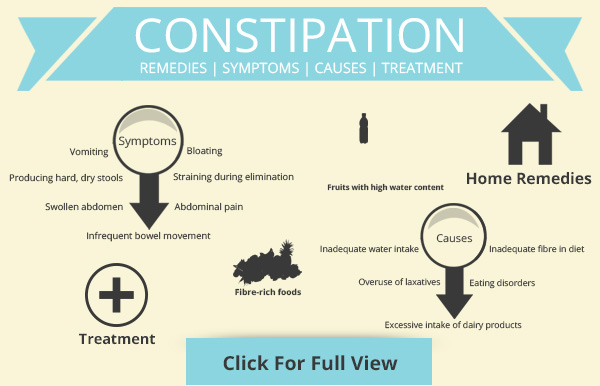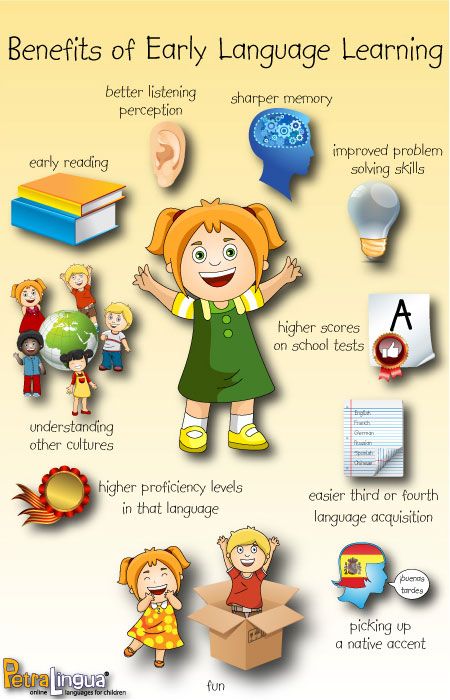How to make child mind sharp
7 Simple Ways to Boost Your Child's Brain Power
I'm sure you've all heard of the expression "brain food." For me, that expression conjures up images of fresh fruits and veggies and all the vitamins and minerals that my body needs to be healthy. Building and maintaining a healthy brain does begin with a nutritional foundation, but there's so much more to the process than just fueling your child's brain with food. As homeschool moms, there are several things you can do to boost your children's brain power throughout the day. Intrigued? Read on.
Make Sleep a Priority
The quality and quantity of sleep greatly influence brain power, so make sleep a priority in your house and homeschool.
While your children are sleeping, their brains are working. Their brains are busy processing and organizing all of the information they were exposed to during the day like a neurological Dewey decimal system. And thanks to the fact that children usually sleep for longer time periods and also sleep more soundly, their brains have ample time to file everything away for efficient access later.
Children reap many benefits when they get the age-appropriate amount of sleep each night:
- Thinking skills improve
- Focus strengthens
- Motor skills strengthen
- Positively affects a child's overall mood (Yay!)
- Memory improves
- Self-control improves
- Aids logical and mathematical reasoning
Incorporate Multi-sensory Learning
Multi-sensory learning is a powerful tool. It's ingenious, really!
Engaging multiple senses in the learning process engages multiple areas of the brain. And, the more areas of the brain that are actively working, the better. Let's compare this multi-level brain activity to swimming--when you're swimming, multiple muscle groups are working. The result? Multiple arm, leg, abdominal muscles and more get toned and stronger. Your body burns fat and you become healthier overall. Wow!
The result? Multiple arm, leg, abdominal muscles and more get toned and stronger. Your body burns fat and you become healthier overall. Wow!
When multiple senses work or "learn" simultaneously, your children will retain more and for longer periods of time. Your kids will also make more connections between previous studies and current lessons--they will make connections between information in books they've been reading, scenes in movies they've watched, discussions they've had, and so much more.
How do you incorporate multi-sensory learning into your homeschool? Add some hands-on activities. Cook and bake while talking about mathematical concepts--kneading bread dough is perfect for inspiring a discussion about chemistry concepts while also wonderfully soothing.
Watch documentaries and stimulate brain regions in charge of both visual and auditory perception.
Move around while learning.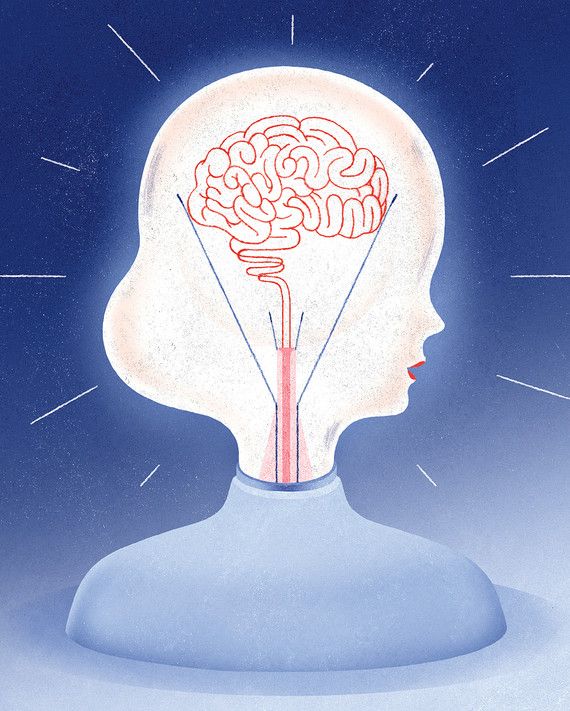 Let kids jump rope or perform jumping jacks while practicing math facts. Quiz them on vocabulary, foreign language phrases, social studies facts, and more.
Let kids jump rope or perform jumping jacks while practicing math facts. Quiz them on vocabulary, foreign language phrases, social studies facts, and more.
Listen to music while you work. Some kids won't be able to concentrate while music is playing, so just play it by ear and you'll find what works for each student. Encourage children to doodle, do handcrafts, or build with LEGO™ bricks while listening to audio books.
Get Physical
Physical activity builds more than just muscles--it sharpens the brain. Movement matters! Fellow homeschool mom, author, and speaker Heather Haupt explains how regular physical activity boosts brain power.
You don't need to join a gym or invest in fancy excerise equipment. A simple walk works wonders. Walking regularly improves overall health, too.
Perform calisthenics, work out to an aerobic DVD, hike, bike, swim, make and maneuver through a homemade obstacle course, or shoot some hoops.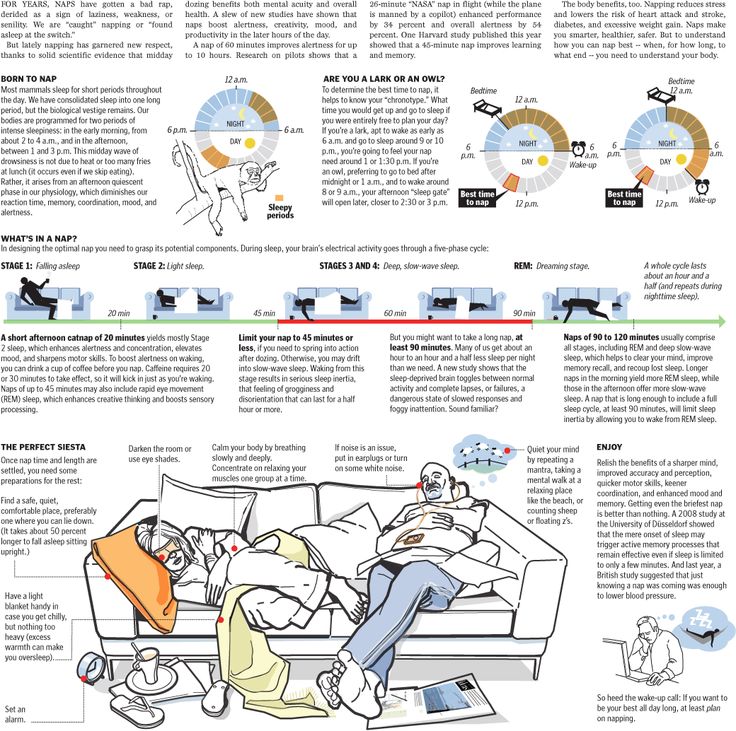 A study conducted by the Medical College of Georgia showed that even just twenty minutes of physical activity is beneficial.
A study conducted by the Medical College of Georgia showed that even just twenty minutes of physical activity is beneficial.
Enjoy the Sound of Music
The Sound of Music isn't just a movie. A musical homeschool is music to your children's brains. There are a variety of ways to incorporate musical activity into your homeschool. We often listened to music or had music playing in the background while we worked. Expose young ears to many styles such as classic rock and roll, jazzy tunes, classical pieces, folk songs, hymns, and yes, even opera.
Music is multifaceted. A single song is made up of melody, lyrics, instrument and vocal sounds, tempo, and rhythm, and each stimulates different areas of the brain. Music also evokes memories; thus, stimulating another brain region. Just imagine if you play a different style of music every day--your children's brains will have to work to adapt and process while also making connections with songs from previous days. Our brains just love music!
Our brains just love music!
Mix music with a little movement, and you're tapping into that multi-sensory learning principle again. Put on some lively music and dance. How about a little music-themed exercise? There are great DVDs that pair simple aerobic exercise with upbeat and fun music.
Learning to play an instrument also strengthens the brain. Even the simple act of playing the bongos boosts brain power because it requires coordination and a sense of rhythm. When my two children were young, we began with basic piano lessons. We also played recorders and beat out rhythms on drum pads.
Educational sing-a-longs are another great option. These days, there are so many resources that teach through song.
Teach Shorter Lessons
Charlotte Mason certainly knew a thing or two about helping children to learn, and she believed in short lessons. Shorter lessons make it easier for children to pay attention and focus on learning--a child’s brain more easily processes new information in smaller doses. Consequently, children retain more of what they learned and for longer time periods.
Consequently, children retain more of what they learned and for longer time periods.
Play Games
Playing games and solving puzzles are easy ways to get your kids thinking, and the entire family can join in the fun.
Simple games such as Uno™, Bingo, Yatzee™ , Checkers, Chess, and many others encourage children to think ahead, recognize patterns, and make decisions while all wrapped up in a package of fun!
You could also create your own memory games, personalized to match your children's interests and academic needs.
Limit Electronic Use
Too much screen time can have a detrimental effect on your children's ability to think and focus. In her article in Psychology Today, Dr. Victoria L. Dunkley suggests putting your kids on an "electronic fast" for several weeks. The benefits such as improved sleep and increased blood flow to the brain will far outweigh your kids temporary grumpiness at being denied their favorite gadgets. When the fast ends, you can encourage your kids to consider applying their own limits. Who knows? Your children may actually discover that they enjoy this down time and opt to continue on with their own personalized electronically-less routine.
When the fast ends, you can encourage your kids to consider applying their own limits. Who knows? Your children may actually discover that they enjoy this down time and opt to continue on with their own personalized electronically-less routine.
There are many practical and creative ways to boost your children's brain power. How do you help boost your homeschool student's brain power? Please, tell us in the comment section. We'd love to hear your brain boosting secrets!
Nutrition to Help Kids Stay Sharp
Written by Anne Krueger
As fast as children whiz from classroom to activity to home and back again, their brains are just as rapidly growing and changing.
The foods they eat are important. "These years are critical for brain development, and what they eat affects focus and cognitive skills," says psychiatrist Drew Ramsey, MD, co-author of The Happiness Diet and Fifty Shades of Kale.
These 7 foods can help kids stay sharp and affect how their brains develop well into the future.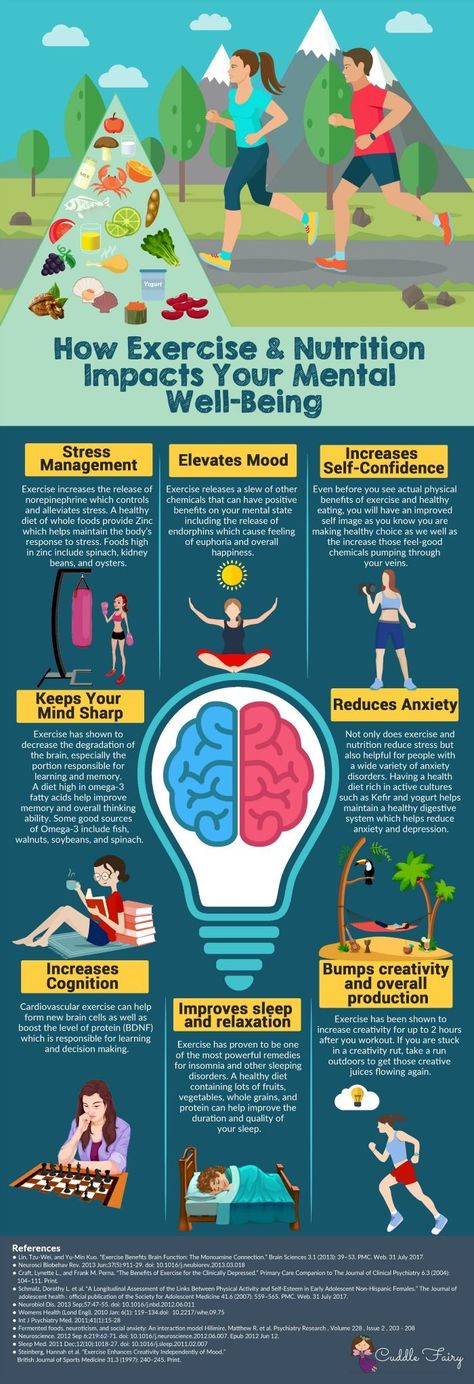
1. Eggs
The protein and nutrients in eggs help kids concentrate, says Los Angeles-based chef Beth Saltz, RD.
How to Serve It: Fold scrambled eggs into a whole-grain tortilla for a filling breakfast or late-afternoon snack. "The protein-carb combo tides kids over until the next meal with no sugar-induced energy crash," Saltz says. You can also try serving egg salad sandwiches or a few deviled eggs.
2. Greek Yogurt
Fat is important to brain health, says Laura Lagano, RD. A full-fat Greek yogurt (which has more protein that other yogurts) can help keep brain cells in good form for sending and receiving information.
How to Serve It: Pack Greek yogurt in a lunch with some fun mix-ins: cereal with at least 3 grams of fiber, and blueberries for a dose of nutrients called polyphenols. Dark chocolate chips are another option. They have polyphenols, too. These nutrients are thought to keep the mind sharp by hiking blood flow to the brain.
3.
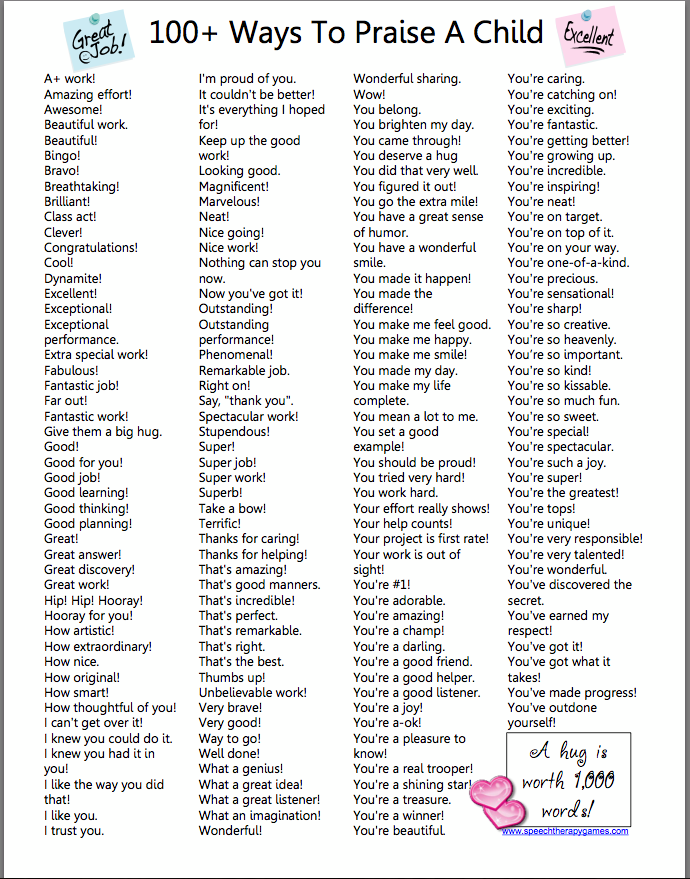 Greens
GreensFull of folate and vitamins, spinach and kale are linked to lower odds of getting dementia later in life. Kale is a super food, packed with antioxidants and other things that help new brain cells grow.
How to Serve It: For some kids, greens are a hard sell. So rather than serving a salad, you may want to try some different ideas:
- Whip spinach or kale into smoothies for snack time.
- Add spinach to omelets or lasagna.
- Make kale chips. Cut kale from stems/ribs, drizzle with olive oil and a bit of salt, and bake.
4. Fish
Fish is a good source of vitamin D and omega-3s, which protect the brain from declining mental skills and memory loss. Salmon, tuna, and sardines are all rich in omega-3s.
"The more omega-3s we can get to the brain, the better it will function and the better kids will be able to focus," says Bonnie Taub-Dix, RD, author of Read It Before You Eat It.
How to Serve It: Grill it and offer your child a sauce for dipping, add fish to tacos, or make tuna sandwiches.
5. Nuts and Seeds
Packed with protein, essential fatty acids, vitamins, and minerals, nuts and seeds may boost mood and keep your nervous system in check.
How to Serve It:
- There’s always peanut butter, or you can also buy or make sunflower seed butter. Sunflower seeds are rich in folate, vitamin E, and selenium, and safe for nut-free zones. If you can’t get your kids to eat the seeds themselves, use the spread on whole-grain crackers or bread.
- Make pesto: Nuts combined with olive oil and dark leafy greens make a healthful and tasty sauce you can serve over whole-grain pasta.
6. Oatmeal
Protein- and fiber-rich oatmeal helps keep heart and brain arteries clear. In one study, kids who ate sweetened oatmeal did better on memory-related school tasks than those who ate a sugary cereal.
How to Serve It: Add cinnamon. Compounds in the spice may protect brain cells, research shows.
7. Apples and Plums
Kids often crave sweets, especially when they're feeling sluggish. Apples and plums are lunchbox-friendly and contain quercetin, an antioxidant that may fight decline in mental skills.
Apples and plums are lunchbox-friendly and contain quercetin, an antioxidant that may fight decline in mental skills.
How to Serve It: The good stuff is often in the skin of fruit, so buy organic, wash well, and put the fruit in a bowl for quick snacks.
How to Raise a Stupid Child (Scientifically Based Harmful Advice) / Sudo Null IT News it would be nice to find a smart partner, it would be nice not to thump before and during pregnancy, and then you need to give the child to all development centers in the area.
Let's try to analyze these beliefs from the point of view of evidence-based medicine and start from the opposite.
What do we mean by mental development
Intelligence (mind) is the ability to learn, draw conclusions and solve problems. These abilities are laid down genetically, but are developed due to external factors from the moment of conception until the end of life.
A set of genes not only determines your properties, but also, greatly simplifying, sets the possible range of their development.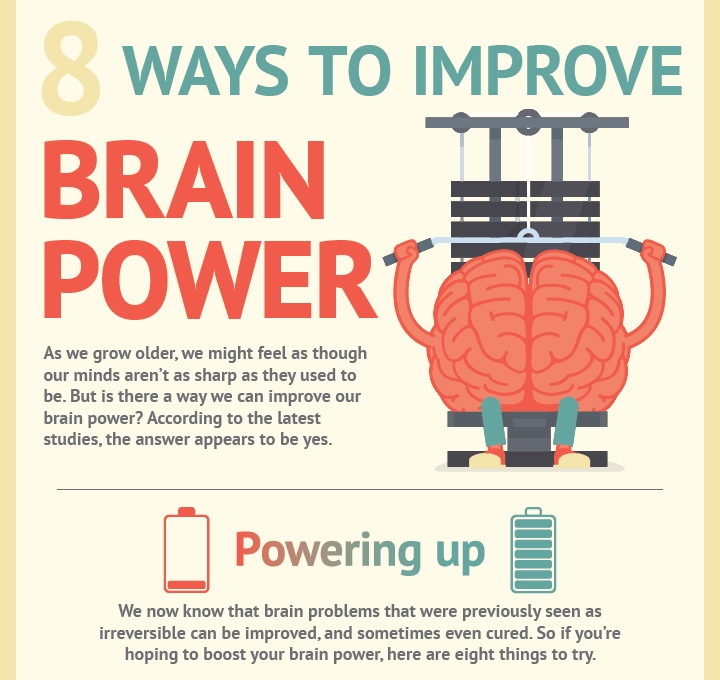 That is, we cannot distinguish a genius from an average, not very smart person by DNA, but we can influence the development of a child’s potential by influencing genetics by epigenetic mechanisms.
That is, we cannot distinguish a genius from an average, not very smart person by DNA, but we can influence the development of a child’s potential by influencing genetics by epigenetic mechanisms.
So, let's start raising a not very smart child, using the achievements of modern science.
Epigenetics
The child of two geniuses is not suitable.
Genetic factors explain up to 80% of differences in intelligence (more than 500 genes are associated with it), so you need to find two not very smart parents.
But alas, this is not a guarantee: parents can be like this not because their genes are not very good, but because, for example, the regulators of these genes were suppressed by external factors - this is studied by epigenetics.
In 2003, scientists from Duke University in the USA inserted an obesity gene into mice and then added folic acid, vitamin B12, choline and methionine to their food. As a result, mice gave birth to normal offspring, and even several subsequent generations were completely healthy.
How it works: There are genes that show the phenotype. There are genes that themselves do not show anything, but regulate the expression of the first genes - it is they that are affected by the factors surrounding the child before and after birth. All our genetic information is represented by four bases (nucleotides: adenine, cytosine, guanine, thymine), and by influencing only cytosine (as one of the most well-known epigenetic factors), attaching a methyl group to it, we can regulate the manifestation or non-manifestation of a trait; that is, without changing the sequence of the genetic code, we can change the phenotype of an organism! But what is even more interesting, these signs can be fixed not only for one organism in which epigenetic factors have worked, but also become a factor in evolution.
Just imagine - the genetics remains the same, but the phenotype can become completely different!
What influences this methyl group? For example, bisphenol A, which is found in a large amount of plastic, suppresses methylation (that is, the recipe for suppressing the “unnecessary” signs we don’t stop using plastic, bisphenol A, is so popular that it is almost impossible to avoid it).
And, for example, B vitamins and folic acid (B9) increase methylation, that is, by controlling the mother's nutrition, we can influence the child's genes - more on that below.
Unfortunately, it is impossible to determine the level of intelligence solely by genes, since there is no evidence base for such an assessment. We can predict that a person with certain genomic or chromosomal mutations will have cognitive problems. At the same time, it is not possible to distinguish a genius from an average healthy person by the genotype. According to tests, the difference between the IQ of the owners of "happy" genes and guys not with such a set is only 7%. So we go to the factors that we can influence more strongly.
Pregnancy health
When two not very smart parents are found, and the child is conceived, it's time to influence the woman. The simplest thing is to keep her in constant stress, scare, annoy, not give her enough sleep. The child gets a tenth of the mother's cortisol: this affects the nervous system, is fraught with hypertension, the risk of depression, behavioral abnormalities that will interfere with the development of mental abilities after birth.
The child gets a tenth of the mother's cortisol: this affects the nervous system, is fraught with hypertension, the risk of depression, behavioral abnormalities that will interfere with the development of mental abilities after birth.
Another easy way is not to check her folic acid and B vitamins, not to give anything extra. But there is a risk that her body is well done and will cope on its own for some time. Then at least take beans, parsley, lettuce, cabbage, tomatoes, spinach, asparagus, liver, kidneys, meat in general, mushrooms, yeast products from her, or process it all at high temperatures - the chance of the child becoming stupid increases, as well as problems with the rest of him organism (if you want not very smart, but healthy, it is better not to play a hunger strike).
Each country has its own recommendations on the nutrition of pregnant women and the amount of vitamins to take, but everywhere they pay special attention to iodine, iron, vitamins A, E, D.
A little more complicated - specific diseases that affect the fetus. The most dangerous diseases for the development of the fetus are united in the concept of TORCH infection, three of which strongly affect the central nervous system:
The most dangerous diseases for the development of the fetus are united in the concept of TORCH infection, three of which strongly affect the central nervous system:
R - rubella (rubella);
C, cytomegalovirus (CMV);
H - herpes (HSV).
If your carefully selected mother has antibodies to them (tests for all these diseases are usually taken at the stage of pregnancy planning), most of them will not affect the development of the child in any way. All of them are being treated, there are vaccines for rubella and chicken pox, but during pregnancy it will be too late.
In principle, almost everyone has both cytomegalovirus and herpes, so if you suddenly fail to catch rubella or toxoplasmosis for the first time during pregnancy, there is hope simply to undermine the immune system with smaller diseases.
It is clear that no music playing on the belly should be allowed during the pregnancy of a stupid child. And so, already from 24 weeks, he perceives sounds and can enter into different states, for example, calm down with the help of classical music - it directly affects the nervous system. So for our purpose, we can try rap and dubstep. And louder. Should help.
So for our purpose, we can try rap and dubstep. And louder. Should help.
Postnatal factors
You can start to oppress the mental abilities of a child long before the development, this does not require educators and other specialists. The basic recipe is to do nothing.
- Do not do neonatal screening first (check for cystic fibrosis, hypothyroidism, phenylketonuria, adrenogenital syndrome, galactosemia - almost all of these seriously affect mental development if not stopped early).
- Then minimally talk to him, do not let him listen to music, but it is better to minimally stimulate sensory development.
- And from the very beginning, keep in maximum stress, because cortisol is great at helping to reduce curiosity to a minimum. Do not praise, do not encourage.
How It Works: Mowgli's Syndrome
Mowgli was a fictional wild child in Rudyard Kipling's The Jungle Book
Kipling's Mowgli successfully escaped from the world of the wolves that raised him into the world of humans. In reality, unfortunately, everything turns out wrong, but it confirms the influence of the external environment and especially speech on intelligence and cognitive abilities.
In reality, unfortunately, everything turns out wrong, but it confirms the influence of the external environment and especially speech on intelligence and cognitive abilities.
In 1797, in France, they found such a wild child of 12 years old: by his forties, he learned to work on a farm and learned two words, he was considered a moron around him. In 1872, a six-year-old wolf boy was found in India: they managed to teach him to walk straight, but the teachers did not advance far with speech, and the boy lived only 20 years. The next one was found already ten years old - the only thing he could learn from people was to smoke, but no special techniques were applied to him. Not only wolves accept human cubs into the family: at 19In 1990, they found an eight-year-old boy raised by goats. In the 20th century, they began to achieve great success, but wild children never reached the tolerable level of development of their peers. Moreover, this syndrome (inability to move on two legs, social phobia, inability to speak and solve problems) is noticed not only in those raised by animals, but also in those abandoned by their parents on the street.
Talking with a child and in front of a child affects not only his perception of speech. In a large study by B. Hart and T. Risley, which later inspired Dana Suskind's excellent book on early development, Thirty Million Words, scientists found that in the first three years a basic vocabulary is laid and later it can no longer be caught up by any means. They measured the vocabulary of parents and children from different families: wealthy, working class, and welfare families. By the age of three, the difference between the heard words of the first and third reached 30 million words.
About music: when a child regularly listens to harmonious music, he becomes more optimistic, moves better, compares sounds, situations and visual images, concentrates - all this certainly affects the speed and completeness of his development.
Music also helps to overcome stress, but not completely and not completely. The body reacts to stress much faster and more powerfully than to positive factors.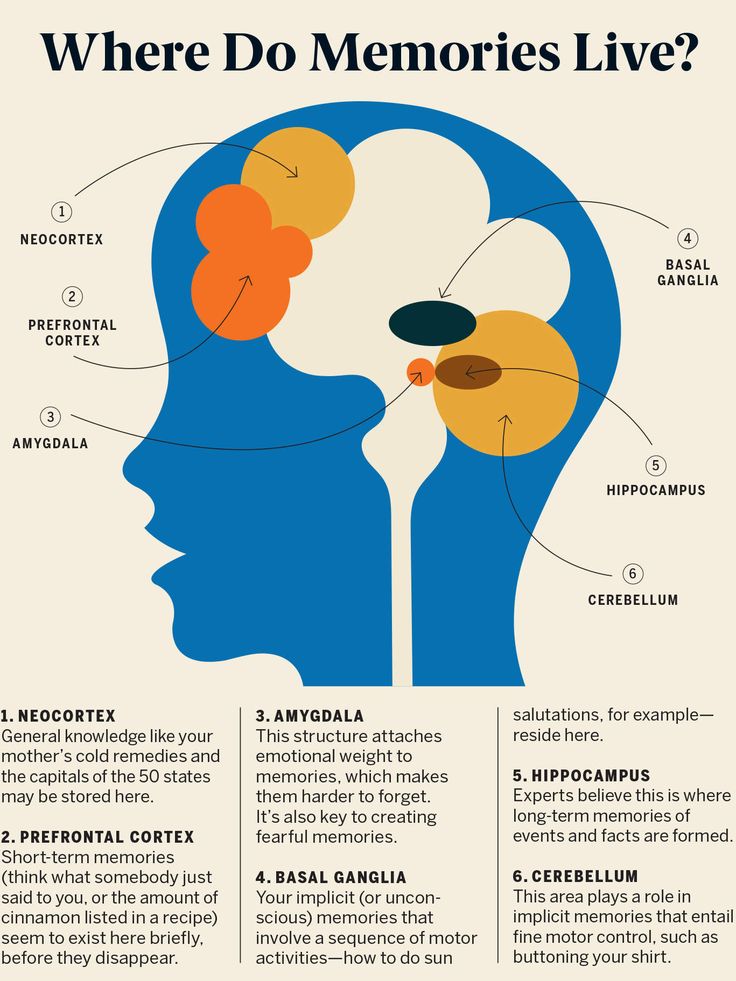 So if the parents are not smart, they also fight, drink, quarrel - this just ideally clogs the mental development of their child. Most often, as a result of such exposure, a child begins chronic stress, which interferes with the development of his communication, causes depression, and reduces interest in learning: it directly affects the hippocampus and amygdala. It is very easy to start introducing a child into such stress. Do not react to his cries from birth, because grandmothers always said: “when she cries, she stops, soon weaning from the breast, and you give him milk outside the schedule.”
So if the parents are not smart, they also fight, drink, quarrel - this just ideally clogs the mental development of their child. Most often, as a result of such exposure, a child begins chronic stress, which interferes with the development of his communication, causes depression, and reduces interest in learning: it directly affects the hippocampus and amygdala. It is very easy to start introducing a child into such stress. Do not react to his cries from birth, because grandmothers always said: “when she cries, she stops, soon weaning from the breast, and you give him milk outside the schedule.”
Scientists have long tried to understand whether the duration of breastfeeding is associated with intellectual development, but studies of this kind are burdened by numerous adjustments, because there are a lot of factors affecting a living child. At the moment, the most “clean” study has been carried out, it has been found out that there is still a difference between the month and the year of feeding, but the clear question remains open: what affects, nutrients from milk or this type of interaction with the mother? In any case, you can try not to feed, suddenly lower your IQ by at least a few points.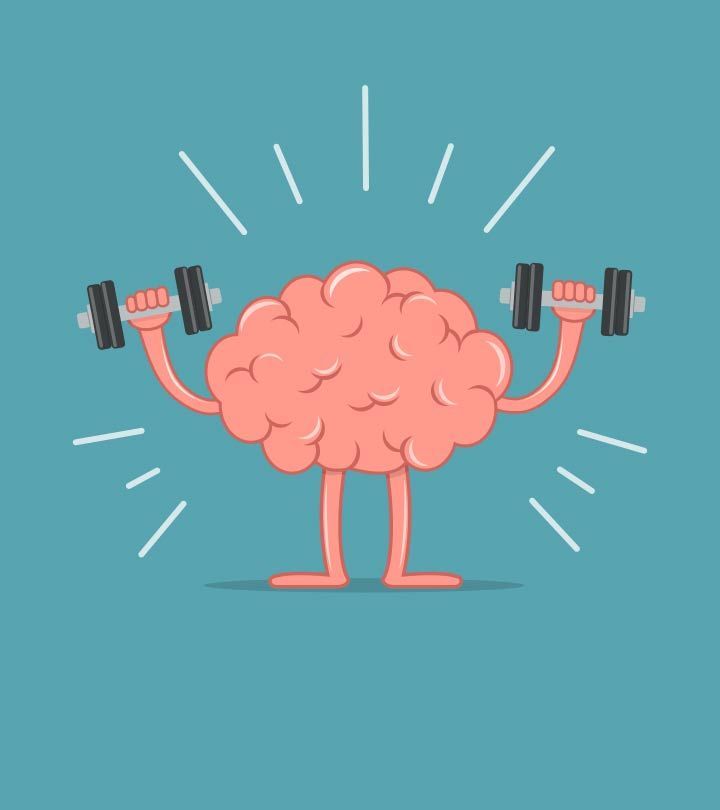
How it is researched: one genome, different conditions.
Epigenetic studies of monozygotic twins are considered the most revealing: here are two people with an identical genome, what happens if they are separated in early childhood? They will always have a lot in common: in movements, in behavior, in some preferences, even in choosing a profession, that is, in inclinations. For many years, separated twins tried to prove the genetic origin of the IQ level, but then they guessed to see in which families these twins live. Of course, those who lived in families of similar income and education had the maximum similarity in tests.
Total
Science has shown us how to reduce the chances of developing a child's mind. Further, development and education - there are much more factors, and most of them are not medical. Naturally, no one knows how to grow a genius with a guarantee, otherwise it would already be included in international standards.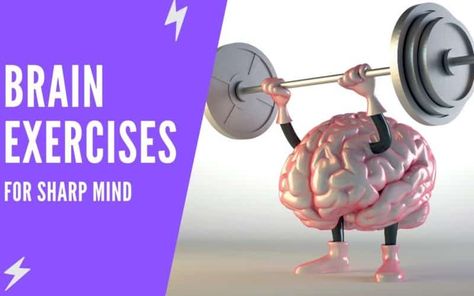 But we know how to break the child's genetic potential and prevent him from taking advantage of all the unique features of his balance of neurotransmitters and the functioning of the nervous system. Well, or you can try to do the opposite - and give the child more chances.
But we know how to break the child's genetic potential and prevent him from taking advantage of all the unique features of his balance of neurotransmitters and the functioning of the nervous system. Well, or you can try to do the opposite - and give the child more chances.
P.S. If you get to the clinic where I accept - "Our Time", then say that you are from Habr: there will be a 5% discount on services.
5 useful books that will help develop intelligence
Contents of the article
Good memory, developed cognitive processes are the key to success in any business. Our brain needs regular pumping to work without interruption and increase our productivity. Therefore, we have collected 5 useful books that will definitely help increase IQ and develop memory in 5 minutes a day. Keep your list!
Barbara Oakley "Think Like a Mathematician"
Mathematically minded people are said to have unique intellectual skills that ordinary people cannot. But Barbara Oakley, a professor at the University of Auckland, argues the opposite, that each of us can learn to think differently, to master mathematical thinking and the methods that technicians use. The main essence of B. Oakley's technique is to understand the topic that you want to study. Once you really understand the meaning, it will be easier for you to remember the necessary data.
The main essence of B. Oakley's technique is to understand the topic that you want to study. Once you really understand the meaning, it will be easier for you to remember the necessary data.
How to Forget and Remember the Right by Christine Loberg and Mike Beister
Surprisingly, this book does not contain a set of clear memory exercises that can make your mind phenomenal. This book is about universal methods that will help you develop ingenuity, sociability, increase productivity, learn how to make a good impression and become better at everything. This is an effective guide for practicing your personal and professional skills.
Neil Barnard "Nutrition for the Brain"
Our mind needs not only intellectual exercise, but also nourishment with healthy food and exercise. N. Barnard spoke about an integrated approach to his lifestyle, which will help improve thought processes, prevent premature aging and disease. His methodology consists of three main components: a balanced diet, exercise for the mind and physical activity. This step by step guide will definitely change your life for the better.
This step by step guide will definitely change your life for the better.
Roger Sipe "How to Read Faster, Memorize Better, and Achieve Big Goals"
Author R. Sipe is known for his comedic talent and ability to convey information quickly and clearly. In the book, R. Sipe talks about how to use the brain to its fullest, overcome your fear and master the methods of accelerated learning. His recommendations are based on many years of personal experience, which will also help you set the right goals and manage time in your favor.
Lawrence Katz and Manning Rubin "Neurobics"
Daily and monotonous activities impair brain function. L. Katz and M. Rubin offer an effective solution - to do the usual things with unusual methods. For example, clean and cook with your left hand or with your eyes closed. These seemingly hilarious methods will help develop and maintain your gray brain cells.
By the way, reading books also favorably affects the development of the brain and will be an additional bonus in using various techniques.



